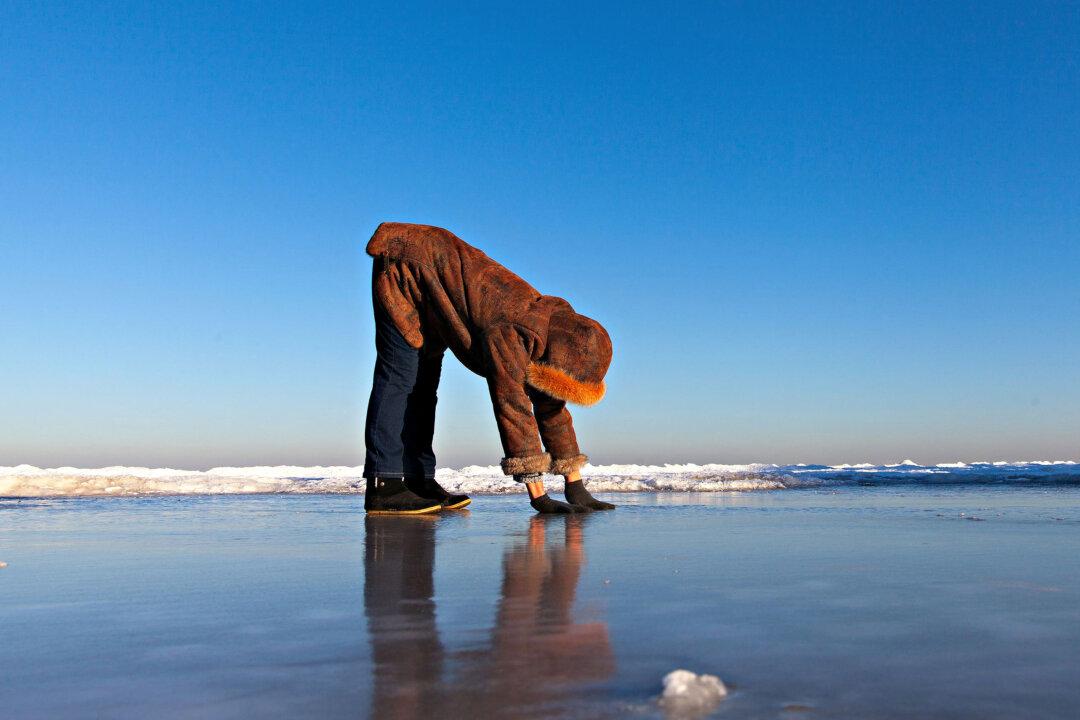Clutter! It’s unsightly, messy, and chaotic. It can make you feel unsettled or downright anxious when you walk into an area messy with stuff. It seems that in our unending drive as consumers to acquire more things, clutter has become more of a problem.
It’s even become a psychological issue known as hoarding disorder that is captured in a TV show about those who suffer it called “Hoarders.”





